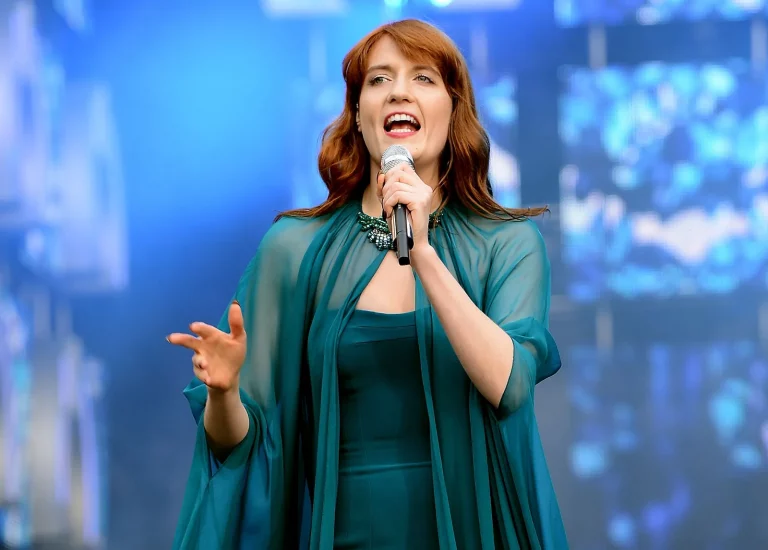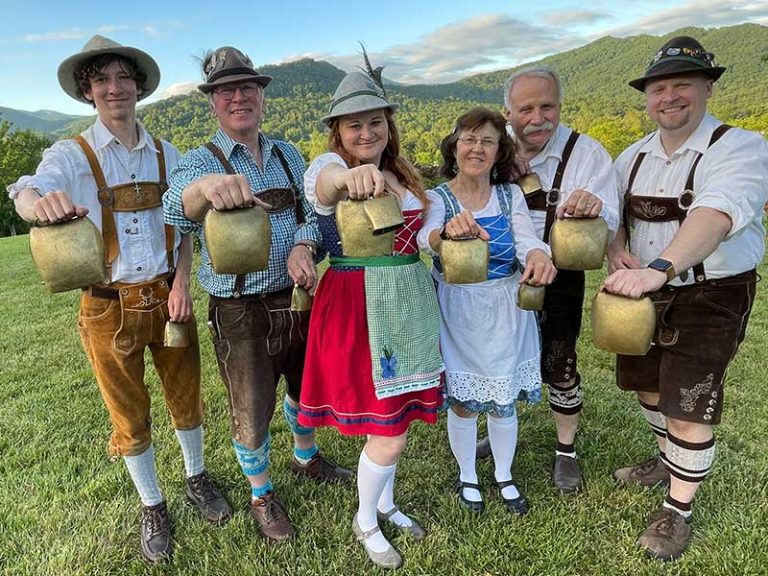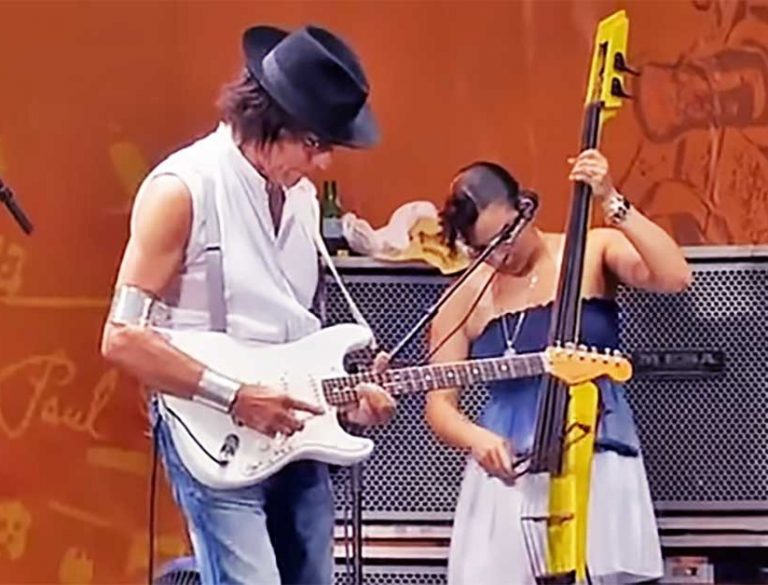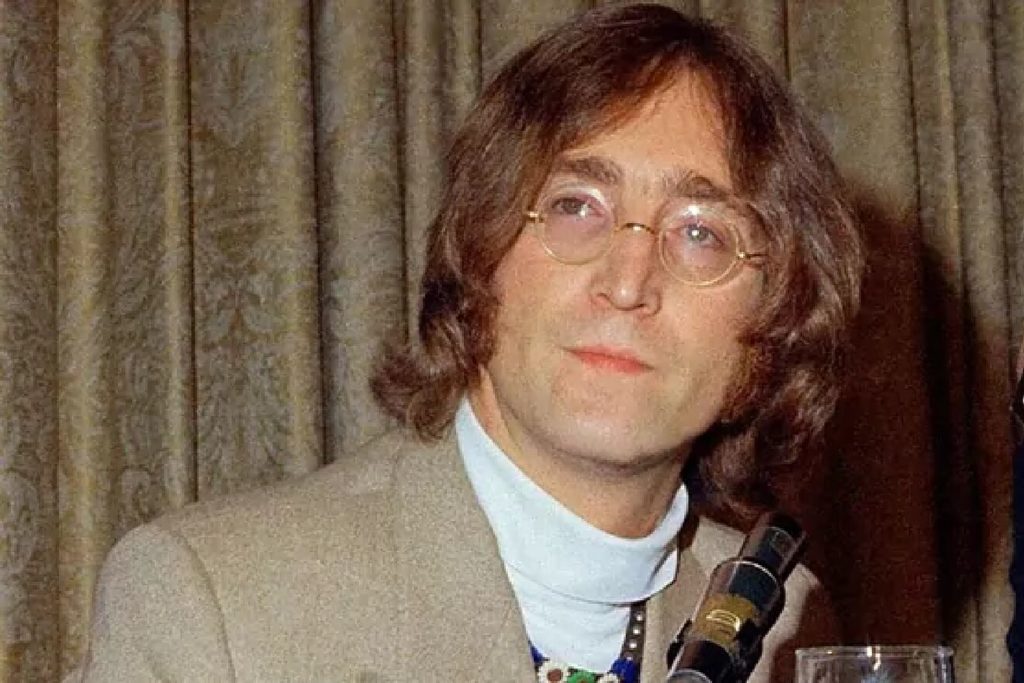It’s no secret that Garth Brooks wears his heart on his sleeve, especially when it comes to music that has shaped his life.
Back in 2016, fans watched him get teary-eyed as he honored his hero James Taylor at the Kennedy Center Honors. Fast forward to 2021, and the roles were beautifully reversed.
Garth himself was inducted into the 43rd class of Kennedy Center Honors in Washington, D.C., and this time it was James Taylor who stepped up to pay tribute. Taking the stage, James performed Garth’s timeless #1 hit “The River”—a song Garth co-wrote with Victoria Shaw for his 1992 album Ropin’ the Wind.
From the very first line, you could see Garth’s emotions take over. Known for connecting deeply with his songs, he couldn’t hold back the tears. The night also featured Kelly Clarkson performing “The Dance”—a moment that left Garth visibly moved, though he tried his best to keep it together.
In his own words, Garth once described “The River” as one of the most meaningful songs in his career. In the liner notes of his 1994 greatest hits collection, he shared:
“Of all songs, most of the letters I receive concern ‘The River.’ It is a song of inspiration… a song that I will be proud of a hundred years from now. Victoria Shaw is a wonderful writer and a wonderful friend. And this is what happens when two dreamers get together and write from the heart.”
He even recalled how special it was when the song was played at the funeral of a fan, calling it one of the greatest honors the song had ever received.
What makes this tribute even more powerful is that “The River” was inspired by James Taylor himself—Garth’s childhood idol. To see that same hero perform the song back to him, decades later, was a full-circle moment that no one in the room will ever forget.
For Garth Brooks, the tears were inevitable—and for fans, it was a touching reminder of just how powerful music can be.










